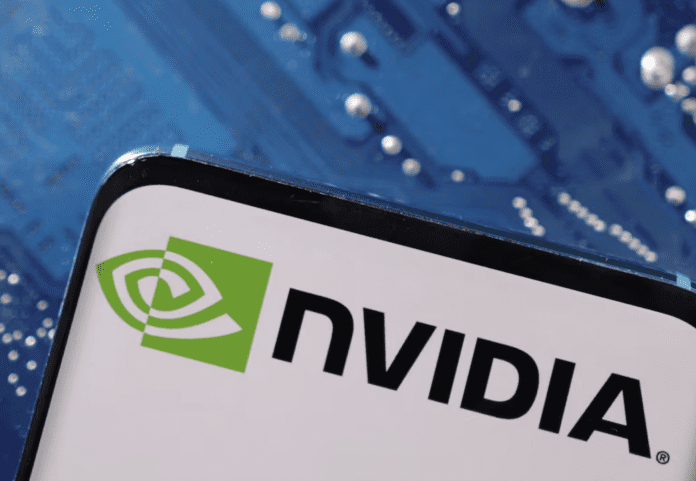Nvidia to Invest $100 Billion in OpenAI: A Union of Two AI Giants
On Monday, the largest deal in the artificial intelligence market was announced: Nvidia plans to invest up to $100 billion in OpenAI and provide it with new chips for data centers. Essentially, this is a merger of two industry leaders whose interests increasingly overlap.
The investment gives Nvidia a stake in OpenAI, which is considered a leading player in AI and has long been a major customer of its products. For OpenAI, this is an opportunity to gain access to cutting-edge computing power and the funding needed for further growth in a highly competitive environment.
According to a source close to the negotiations, the deal will consist of two stages: first, Nvidia will acquire non-voting shares of OpenAI, and then Sam Altman’s company will be able to use the proceeds to purchase Nvidia chips.
“It all starts with computing,” Altman said. “Together with Nvidia, we are creating the infrastructure that will become the foundation of the future economy. This will not only enable new breakthroughs but also create real opportunities for people and companies.”
Deal Details
The companies have agreed to deploy Nvidia systems with a total capacity of at least 10 gigawatts for OpenAI. This is enough to power over 8 million American homes. The first equipment deliveries are planned for the end of 2026.
Under the agreement, Nvidia will initially invest $10 billion once the parties have finalized the purchase of the systems. OpenAI was previously valued at $500 billion.
Following the news, Nvidia shares jumped 4.4% to a record high. Partners also benefited—for example, Oracle, which is collaborating with OpenAI and Microsoft on the Stargate project, valued at approximately $500 billion, rose approximately 6%.
Industry Implications
Analysts believe the deal will ease Nvidia investors’ concerns about losing market share in China. According to eMarketer expert Jacob Born, the partnership with OpenAI demonstrates that competitors are not yet capable of challenging Nvidia’s leadership in the chip industry.
At the same time, OpenAI continues to work on its own processors; collaborations with Broadcom and TSMC were previously reported. However, sources note that the current deal does not cancel these plans.
Broader Context
This partnership is the latest in a series of major alliances in the AI sector. Microsoft has been investing in OpenAI since 2019, and Nvidia itself recently announced a collaboration with Intel. This news has raised increasing questions about potential antitrust risks.
The US Department of Justice and the Federal Trade Commission have already opened the possibility of investigations against Microsoft, OpenAI, and Nvidia. But the current Trump administration, unlike the Biden team, is demonstrating a more relaxed approach to regulation.
Lawyer Andre Barlow believes the agreement could cement a de facto monopoly for Nvidia in hardware and for OpenAI in software. This could seriously complicate the lives of competitors like AMD and other AI model developers.

